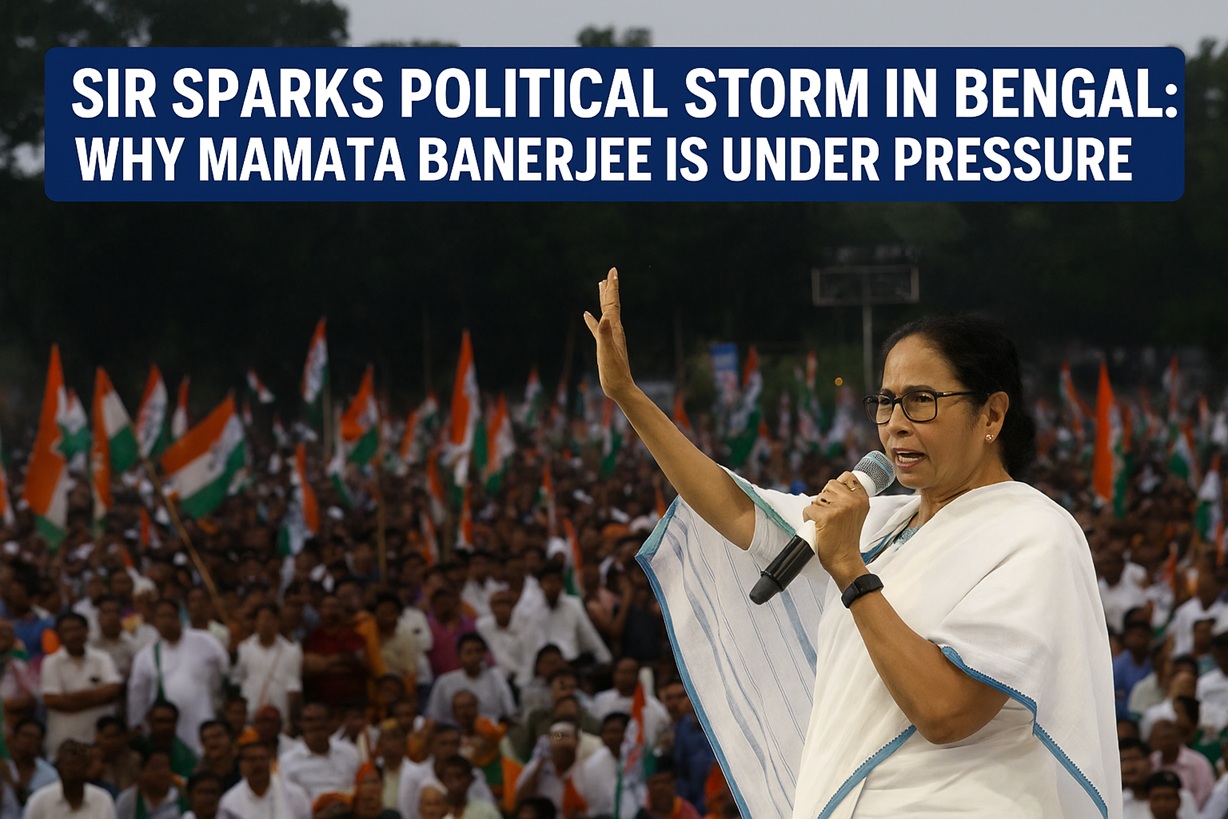
At the G20 Summit in South Africa, Prime Minister Narendra Modi delivered a strong diplomatic performance that elevated India’s international standing. His engagements highlighted the country’s cultural confidence, strategic priorities, and growing influence in global governance.
Prime Minister Modi emphasized India’s civilizational ethos, presenting Vasudhaiva Kutumbakam — “One Earth, One Family, One Future” as a guiding principle for global cooperation. This cultural narrative was not symbolic; it was positioned as a practical framework for solving shared challenges such as climate disruptions, pandemics, and economic volatility.
India’s Diplomacy: From Participant to Power Centre
India was not merely participating in the summit — it was shaping conversations. Modi continued bilateral discussions with key partners, including Australia and Canada, demonstrating that India is increasingly central to economic and security cooperation across the Indo-Pacific and beyond. The meetings signaled that countries are looking to India not only as a market or strategic counterweight, but as a reliable, future-oriented partner.
The summit also showcased how world leaders now openly acknowledge India’s role. French President Emmanuel Macron’s warm remarks and visible camaraderie with PM Modi underscored a deepening alignment on global issues—from technology and sustainability to defense and innovation.
A Summit of Subtle Power Shifts
This G20 showcased a broader geopolitical reality: the world no longer moves exclusively at the pace of Western leadership. Even in the absence of the United States, negotiations advanced, declarations were finalised, and coalitions remained active. India’s presence helped maintain momentum, reinforcing the idea that global governance is becoming more multipolar.
Instead of confrontation or theatrical gestures, India’s approach was methodical:
- Highlight common global threats such as terrorism, pandemics, and climate instability.
- Advocate for structured international responses, including a proposal to train 1 million global responders for disaster and health emergencies.
- Promote technology sharing, digital infrastructure, and equitable development.
This strategic framing appealed to developing nations and advanced economies alike, earning high-level appreciation across delegations.
Beyond Transactions: India’s New Foreign Policy Line
For decades, geopolitics has been shaped by transactional exchanges—who sells weapons, who buys commodities, who controls supply chains. Modi’s message was that leadership in the 21st century must be human-centric and collaborative. He positioned India not as a claimant to dominance, but as an anchor for stability, partnership, and innovation.
India’s global narrative is no longer defensive or reactive. It is aspirational:
- A country that stands for peace, security, and development.
- A country capable of bridging East and West.
- A country ready to lead through values, strategy, and resilience.
What’s next?
The G20 Summit in South Africa was not a story of optics — it was a demonstration of India’s evolving geopolitical identity. Under Prime Minister Modi, India is transitioning from a participant in global affairs to an active architect of global policy. The summit marked a significant shift: India is not just present at the table; it is increasingly shaping the agenda.




